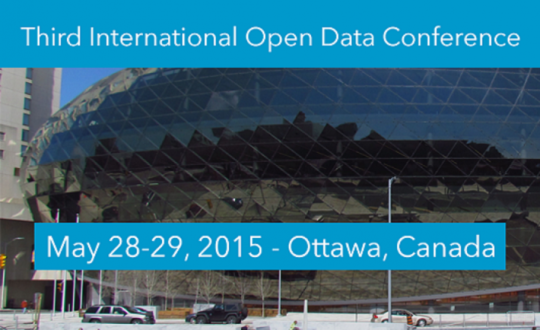This post was written by Peter Wells of the Open Data Institute and originally appeared on their blog here.
Given the importance of data infrastructure, countries should be looking to strengthen it. One of the ways that countries can strengthen their data infrastructure is through legislation. France has recently been exploring legislation for open data whilst the UK is looking at new data sharing legislation.
We’ve been wondering what legislation for both data infrastructure and open data might look like.
Potential data infrastructure and open data legislation
All countries have existing data legislation, policies and governance and are likely to have more planned. Any new legislation for data infrastructure and data assets will have to interact with these. Hopefully it would clarify them. There is a list of some of the data legislation in the UK further down this post.
Our initial ideas for data infrastructure legislation clearly do not cover all of the data-related legislation that countries should have. Freedom of information, data sharing and data protection legislation are important too.
We believe that a first legislative step would be to define data infrastructure and what it means for data to be part of data infrastructure; designate some assets as data infrastructure, including some as open data; and define a set of responsibilities for the organisations that operate, maintain and provide oversight for all data assets in the infrastructure.
Such legislation would:
Define a set of roles and responsibilities around data infrastructure assets such as data collectors, maintainers, publishers and regulators. It would give basic requirements for the responsibilities of each of these roles (eg that publishers must make the data available in machine-readable form) but provide for future flexibility by stating that standards and guidelines will be specified through separate materials published outside legislation.
Define what it means to be open data within the data infrastructure, what additional roles and responsibilities this incurs, and what kinds of data should be designated as open data. Not all data infrastructure assets will be designated as open data infrastructure assets. For other data infrastructure assets it should be specified what the sharing regime is for those assets.
